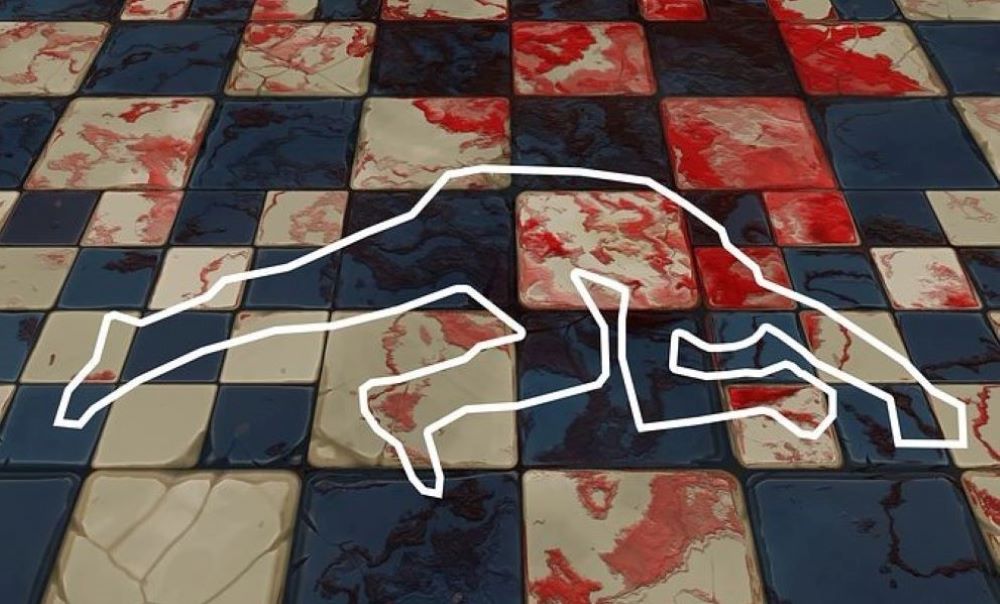Snehal Upadhyay –
Published on August 05, 2021, at 01:58 PM
Today, the Constitutional bench of CJI NV Ramana, Justices Surya Kant and Aniruddha Bose pronounced the judgement on a criminal appeal that came out of a 1987 Murder case.
In which the Trial Court had convicted the accused under Section 302 (Punishment For Murder) read with Section 34 (Vicarious liability) of the Indian Penal Code, they were sentenced to life imprisonment, the Patna High Court declared their conviction in the year 2010.
In the appeal, the Court remarked that the accused were convicted on the basis of circumstantial evidence such as the Last seen theory, Motive and false information provided and subsequent conduct of the accused. These were the sole reasons for the conviction.
The accused contended through the appeal that the conviction was done on the basis of last seen theory which is unacceptable.
The Court observed with citing the recent judgement in the case of Satpal v. the State of Haryana and stated that “Unless the fact of last seen is corroborated by some other evidence, the fact that the deceased was last seen in the vicinity of the accused, would by itself, only be a weak kind of evidence.”
The Court stated that the accused was not able to give any explanation on the state of affairs in which he left the company of the deceased.
Therefore, the Court stated that no ground can make the Court disbelieve the prosecution version of the last seen theory which was used as circumstantial evidence against the accused.
The Court further observed that the circumstantial evidence put up against the first accused, that he did not reveal the location of the deceased and then disappeared underhanded from the scene till he surrendered himself in the Court.
There was no such allegation for being absconding post occurrence levelled against the other accused, the bench noted.
The Bench also dismissed the plea of juvenility filed by the first accused.
“Once the fact of last seen is established, an adverse inference can be drawn against the accused if he fails to explain the circumstances in which he departed the company of the deceased.” the Supreme Court recapitulated in the judgment today.
Click here to Download/Read the Order
Also read: Bombay High Court upholds conviction for murder of three women

